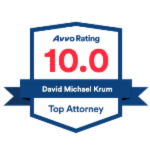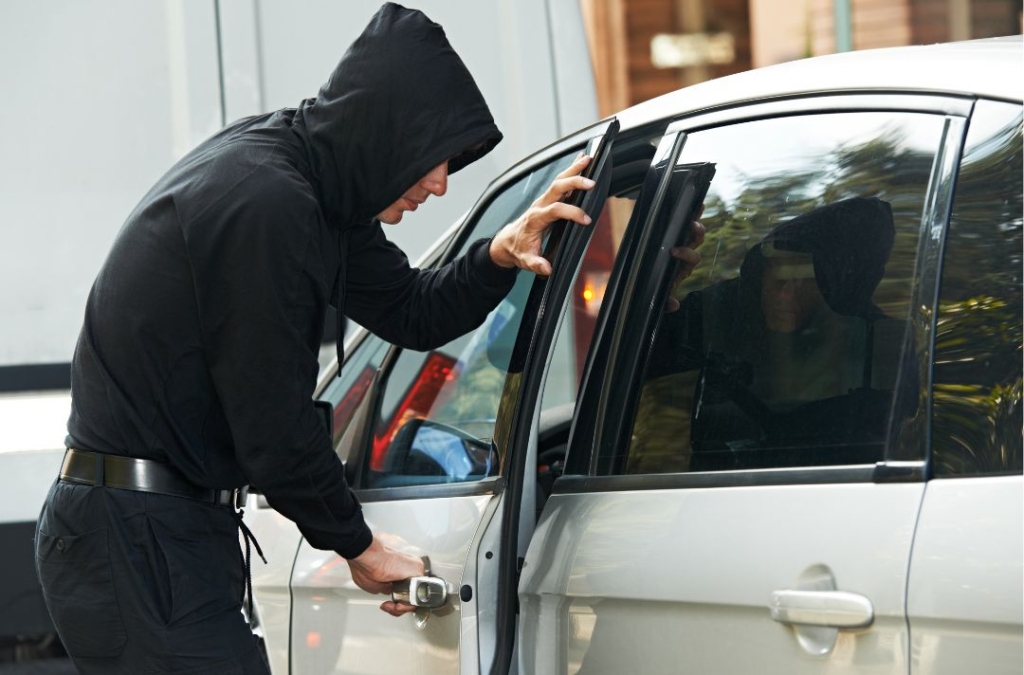Virginia Grand Larceny Attorney
Experienced Attorneys Ready to Fight for You






Grand larceny can be charged as a serious crime in Virginia. The charges for larceny depend on the value of the property taken, the type of property, and how it was taken.
In 2018, Virginia raised the amount for grand larceny from $200 to $500. Before this change, stealing goods worth $200 from a store could lead to up to 20 years in prison. In 2020, the law changed again, making grand larceny apply to amounts of $1000 or more.
The penalty for a larceny conviction varies based on the property’s value. If you were arrested for larceny or shoplifting, contact the KGO Law Firm to discuss your case. A conviction for grand larceny can lead to a felony record and limit your future opportunities.

Virginia's Law on Grand Larceny
According to Virginia Code § 18.2-95, any individual who:
- Steals money or valuable items worth $5 or more from another person,
- Steals goods and possessions worth $1000 or more, not directly from another person or
- Steals any firearm, regardless of its value, not directly from another person will be charged with grand larceny.
Shoplifting and Grand Larceny
In Virginia, shoplifting is defined as “concealing or taking possession of merchandise.” If the value of the stolen goods is $1000 or more, it is considered grand larceny. However, if the value is less than $1000, it would typically be charged as petit larceny.
Stealing from Another Person
Taking property directly from someone, like pickpocketing or removing items from their purse or backpack while they have it with them, is known as larceny from the person of another. The threshold for this type of theft is only $5. While stealing small items like a pack of gum or a few dollars may not be considered grand larceny, taking something like an empty wallet would typically be grand larceny if the wallet itself is valued at $5 or more.
Stealing for Resale
According to Virginia Code § 18.2-108.01, anyone who steals property valued at $1000 or more with the intention to sell or distribute it is committing a felony. The punishment for this crime ranges from a minimum of two years to a maximum of 20 years in prison. This offense is distinct from grand larceny.
To prove intent to sell, the prosecutor can provide prima facie evidence by showing the theft of multiple items of the same product. For instance, while stealing a new smartphone from a store might result in grand larceny or petit larceny charges, stealing two of the same laptops could be considered larceny with intent to sell, potentially leading to a jail sentence.
Theft of Checks
Stealing bank notes, checks, or account books can constitute larceny. The punishment is determined by the value represented by the stolen paper. Larceny involving paper can be prosecuted under Virginia Code § 18.2-98, where the represented value is crucial. If convicted of stealing banknotes, checks, etc., under Virginia Code § 18.2-98, the penalty is the same as for stealing physical goods.
Penalties for Grand Larceny in Virginia
Grand theft can be punished as either a felony or a misdemeanor. As a felony, the penalties for grand theft include imprisonment in a state prison for 1 to 20 years. At the court’s or jury’s discretion, grand theft can also be punished with up to 12 months in jail and a fine of up to $2,500.
Defenses for Grand Larceny
Discuss the best defenses for your case with your Virginia criminal defense lawyer. Your lawyer will examine the facts and evidence to find the best defense options. Possible defenses for grand larceny may include:
- Mistaken identity
- The defendant owned the property
- The defendant planned to pay for the merchandise
- The police conducted an unlawful search and seizure
Virginia Larceny Lawyer
Stealing a few items might not seem like it should lead to felony charges, but stealing a firearm, pickpocketing, or taking items worth $1000 or more is considered grand larceny. If you were arrested for theft or shoplifting in Virginia, speak to an experienced Virginia criminal defense attorney about how to fight these charges and avoid a felony conviction. Contact the KGO Law Firm today for a free consultation.


